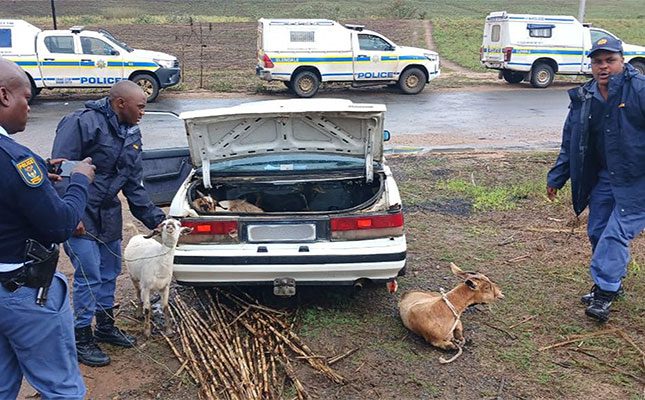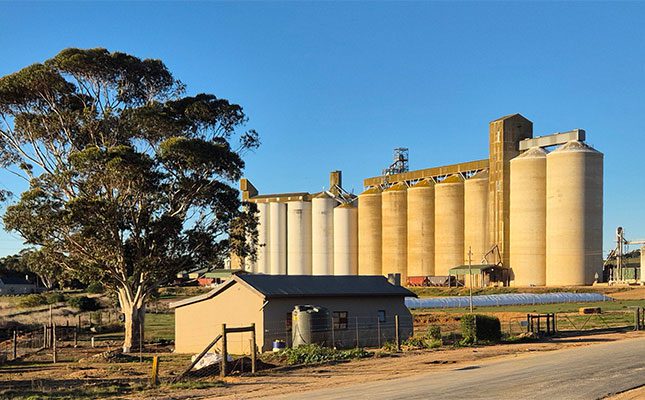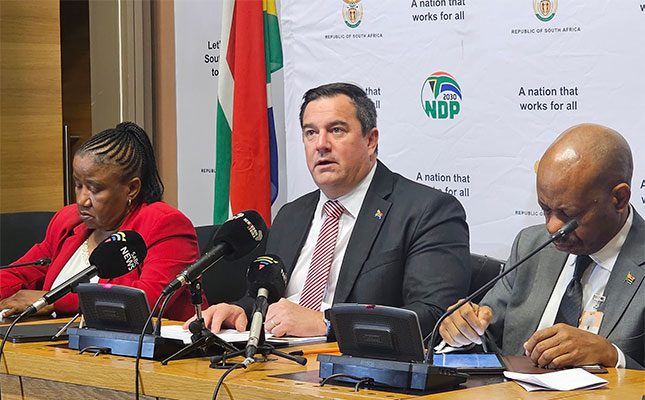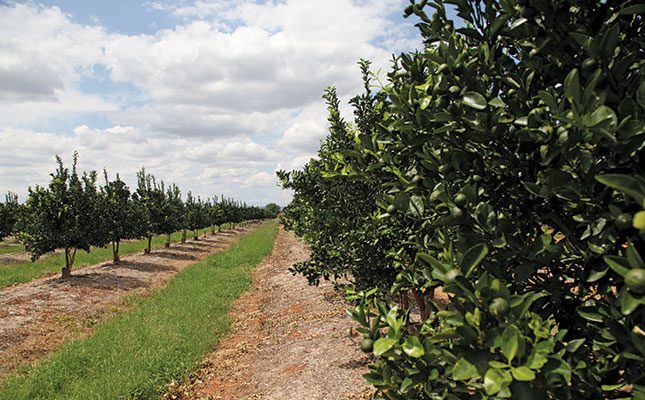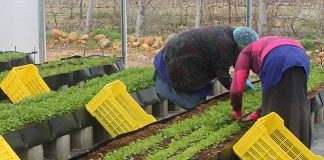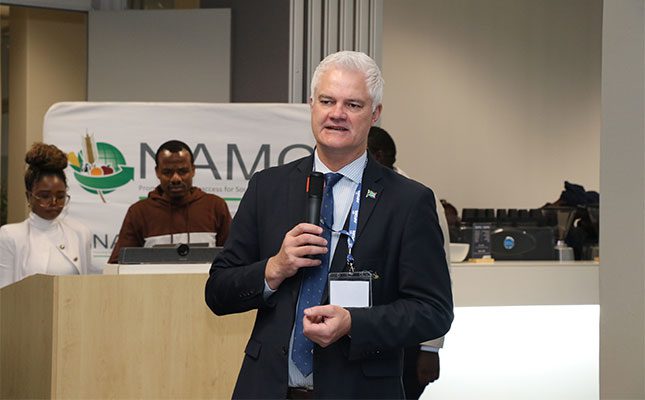
Photo: Rodney Khoza
The event was convened by the Grain Industry Value Chain Round Table (VCRT), through its Transformation Working Group, as part of the broader implementation of the Agriculture and Agro-processing Master Plan (AAMP).
Speaking to Farmer’s Weekly, Malapane Thamaga, agricultural economist at the National Agricultural Marketing Council (NAMC), said the workshop brought together farmer organisations, agribusinesses, financial institutions, government representatives, and industry trusts to discuss how to accelerate transformation through coordinated production schemes.
He added that it served as a platform for sharing existing initiatives, strengthening collaboration, and aligning efforts under the AAMP’s public-private partnership model aimed at supporting emerging farmers and growing inclusively in the sector.
Uniting to drive change
According to Thamaga, the workshop marked a significant milestone in the roll-out of the AAMP, which was signed in May 2022 by then minister of agriculture, land reform and rural development Thoko Didiza, alongside various agricultural stakeholders.
The AAMP introduced two key delivery models: VCRTs and production schemes. The VCRTs were designed to foster strategic dialogue between government and industry, while the production schemes were aimed at helping emerging farmers build modern, commercially viable, market-linked operations.
“This platform helped consolidate existing transformation initiatives and renew momentum towards production schemes across the grain and oilseeds industries,” Thamaga added.
From vision to execution
Dr Tobias Doyer, CEO of Grain SA and co-chairperson of the Grain VCRT, said transformation required not only vision but a realism that the country lacked.
He added that closing the trust deficit between government and the private sector was key.
“We must move away from fragmented projects and align under integrated production schemes with measurable outcomes. Execution, not vision, will determine our success,” he explained.
NAMC outlines grain production scheme
According to Thamaga, the NAMC presented the Grain Production Scheme concept and a progress report on the AAMP. Presentations followed from key grain-related industry trusts and levy administrators, including the Oil and Protein Seeds Development Trust, the Maize Trust, the Sorghum Trust, the SA Winter Cereal Agency, and the South African Cultivar & Technology Agency.
Farmer organisations like the Afasa Grain Chamber, Grain SA, and the South African Grain Farmers Association also shared what transformation work they were currently doing, reinforcing the idea that strong collaboration already existed within the sector.
“These efforts show that industry bodies and farmer organisations are already working together to reach remote farming areas and build inclusive systems,” Thamaga said .
A call for shared planning
A panel discussion, facilitated by VKB Executive Director Dr Kholofelo Thobejane, focused on the role of agribusinesses in supporting developing farmers.
Panellists from NWK, Senwes, the Agricultural Development Agency, and the Kgodiso Development Fund highlighted the following persistent challenges:
- A trust deficit between farmers and service providers, as some farmers accessed multiple support programmes without disclosure;
- Limited data sharing and a lack of a national farmer scoring system;
- Broken trust between agribusinesses and government due to unmet obligations, despite having signed memorandums of understanding;
- Misalignment between government targets and industry players’ performance indicators;
- Delays and inefficiencies under the Public Finance Management Act (No. 1 of 1999), often resulting in late or poor-quality input deliveries; and
- The absence of proper graduation and exit plans for farmers once they have received support.
A second panel focused on financial institutions’ role in transformation. Here, too, concerns about delays, duplication, and poor coordination between sectors were raised.
Forging a collaborative path forward
According to Thamaga, despite the challenges highlighted, the workshop demonstrated that the industry had a strong appetite for real transformation.
“The workshop wasn’t just a talk shop. It laid the foundation for building credible, practical production schemes and a collaborative platform for ongoing engagement,” he said.
Doyer added: “Transformation must be commercially anchored, collaboratively governed, and driven with urgency and shared accountability.”

